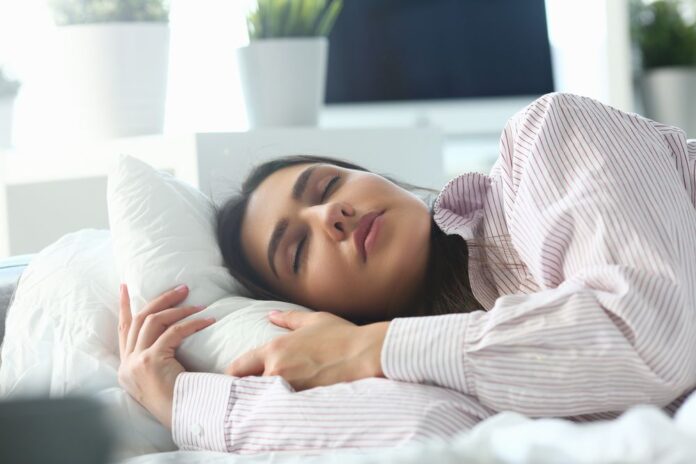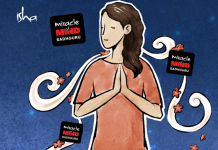If you’ve been trying to lose weight, then you are likely to have done the necessary work of going on a diet and exercising diligently. But one thing that you should watch out for is the amount of sleep you’re getting. According to the latest research, sleep deprivation can affect and even sabotage your weight loss efforts.
- Sleep-deprived people are more likely to overeat
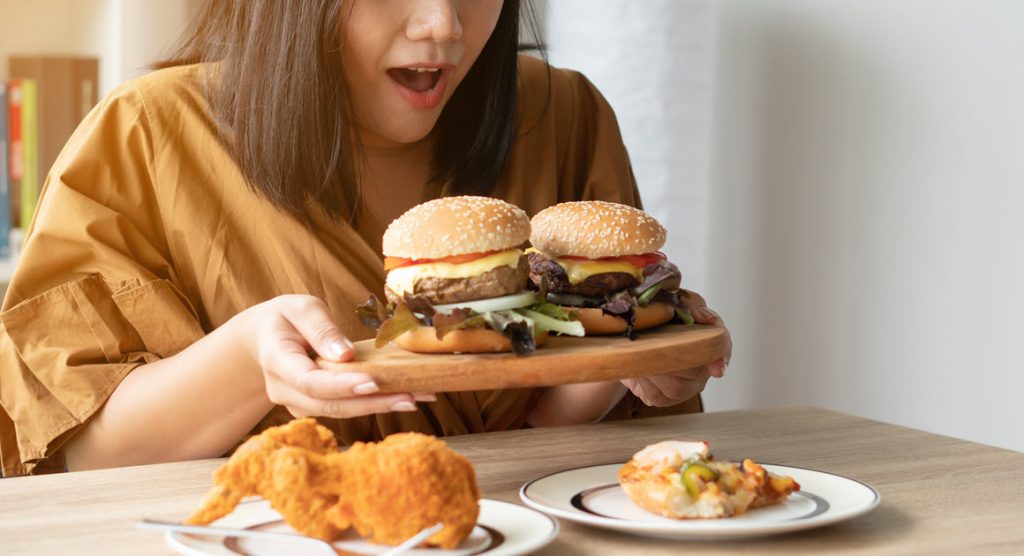
When you are sleep deprived, the hormones in your body undergoes a radical change. A 2015 review of studies concluded that sleep deprivation affects the hormones ghrelin, leptin, and adiponectin, which are crucial in helping to regulate the appetite. This is especially apparent in children, whose change in hormones can lead to unintended weight gain, although more research is needed to be sure. All in all, sleep deprivation affects hormones that regulate appetite and satiety, therefore leading to overeating and poorer food choices.
2. Being sleep deprived makes you crave unhealthy foods
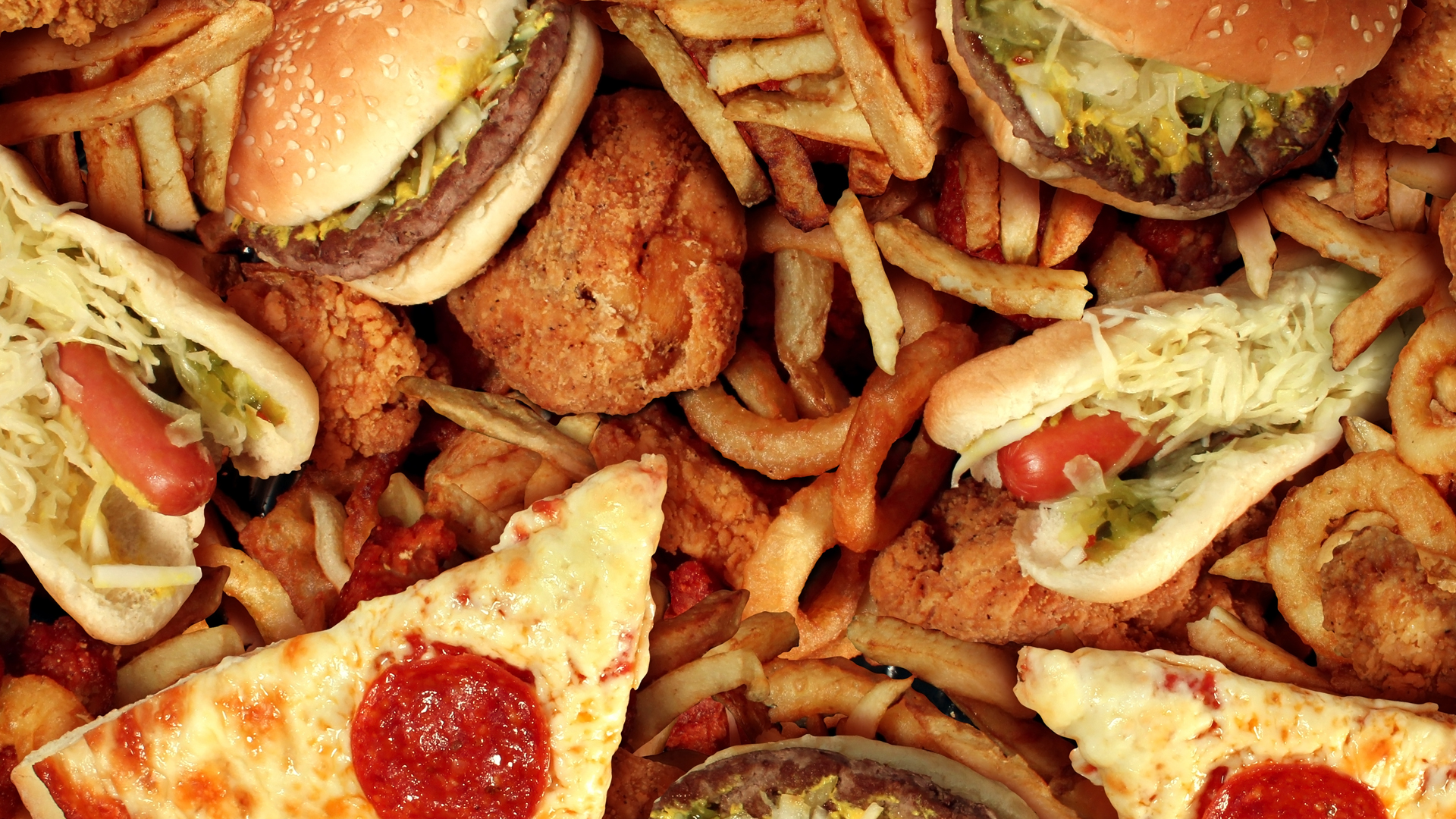
You may think that eating nutrient-dense and balanced food choices is all up to you, but in a study the amount of sleep you get on a daily basis affects your choices. In that study, researchers asked a group of sleep-deprived people and another group of well-rested people to rate more than 80 foods, from potato chips to strawberries, based on how badly they wanted to eat that food at the time. Based on the research, sleep-deprived people craved higher-calorie, less nutrient-dense foods like potato chips more than the well-rested people — regardless of how hungry they actually were.
The reason is because sleep deprivation affects your frontal lobe and alters your brain state, making higher-calorie foods more appealing. Other than that, the disruption of hormones makes you more likely to reaching for less-healthy options, including those high sugar, high fat foods.
Even though junk food seems more tempting than healthy foods, there are several things you can do to maintain your weight. Plan your meals ahead of the week, so all you had to do is grab your food before you leave. If you’re super tired and just don’t feel up to meal prepping, do what you can. Convenience foods can also be an option and make full use of the nutrition labels on the packaging. Include foods with fiber and nutrients while limiting those with added sugars or high sodium levels.
3. Your appetite levels change through insulin regulation
As mentioned before, hormones in the body will go through changes if you experience sleep deprivation. Insulin is one of the hormones that will be affected, in which your body will experience insulin resistance. As this happens, the movement of glucose from blood into the cells of the body will become less efficient.
In fact, a small study in 2015 found that sleep restriction in healthy men increased concentrations of non-esterified fatty acids at night and in the early morning, which could result in developing insulin resistance and a higher risk of diabetes.
In conclusion, sleep deprivation changes the way your body metabolizes glucose, a kind of sugar your body breaks down from foods and uses as fuel. This increases your insulin levels and messes with your appetite and hunger.
4. Sleep-deprived people are more reckless
Other than changes in hormones, sleep-deprived people have been proven to become more impulsive in their decision making process. This is based on a 2015 study from Clemson University, where it is concluded that sleep deprivation is linked to impulsive decision making.
For many people, eating the right amount of food with the right amount of nutrition is crucial in weight loss. Yet as you are sleep deprived, you are more likely to make impulsive choices such as ditch your workout buddy, impulsively eat less nutritious food, eat when you’re bored or emotional, or generally make decisions that aren’t in your best weight loss interests.
5. Sleep is important for physical exercise
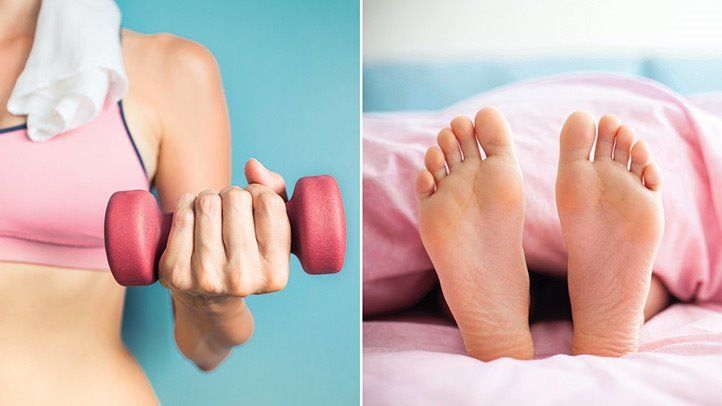
The two most important aspects of losing weight is to eat nutritious food and exercise in order to burn calories. Sleep is just as important, for studies show that sleep deprivation can affect your athletic performance as it takes a toll on your endurance.
A 2017 review of studies found that exercises promoted better and longer sleep (especially in older adults) and in turn, sleep had positive effects on activity. It can be concluded that sleep and exercise are correlated to each other and helps you function at your peak. Not only that, sleep likely plays a big role in post-exercise recovery too. Getting enough sleep is therefore crucial for optimal performance in the gym.
How can you fix your sleep schedule?
It may be difficult to determine how much sleep is affecting your weight loss, but surely it will make you feel more pumped up and energetic to reach your goal weight.
For better sleep, here are some tips:
- Get up at around the same time each day so your body can get into a rhythm.
- Don’t use your bed as a hangout spot and try to avoid getting into bed until you’re ready to wind down.
- Unplug from phones, tablets, and computers at least an hour before bed.
- Create a simple bedtime routine to signal to your body that it’s time to sleep.
- Avoid heavy meals close to bedtime.
- Exercise (but not right before bed).
- If you have racing thoughts, don’t just hang out with them — get up and write them down, and then do something relaxing to distract your mind while your body’s fatigue takes over.

